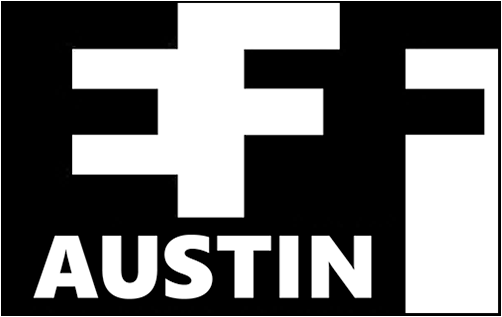Are employees responsible for the effects of their labor? 1,400 Google employees believe so, and have gone so far as to demand greater control over the company’s impact on the world.
“Currently we do not have the information required to make ethically-informed decisions about our work, our projects, and our employment,” they said in an open letter to their employer after recent revelations regarding project DragonFly. In the letter, they detailed oversight that would include an ethical review system, the appointment of an ombudspeople, a transparency plan and a publication of “ethical test cases”.
Similar in their response to Project Maven, clearly many Googlers don’t want to become direct tools of government or military power. But can workers reasonably expect to be able to determine the fate and impact of their production? The answer may depend on the nature of the industry.
In his techno-political article, Do Artifacts Have Politics, political theorist Langdon Winner discusses the politics inherent to technologies. “The things we call “technologies” are ways of building order in our world,” Winner says. “Many technical devices and systems important in everyday life contain possibilities for many different ways of ordering human activity.”
DragonFly is a direct concession to the practice of censorship. Its implementation into public use would perpetuate and directly enforce a blinding of the public eye to any information that Chinese authorities wouldn’t want their citizens to be aware of. If Google is willing to concede to such practices for China, then one could imagine them doing so for any other country.
Winner further discusses how practicality and efficiency of operation overshadows moral obligations. However, he also highlights the importance of a strong ‘public management’, when dealing with technologies and systems that could have a significant impact on quality of life. Any control over the flow of information will always have a significant impact on the quality of life. If any of the said employees are citizens of countries that oppose the Chinese government’s intensity of censorship, and refuse to risk such practices invading their own country, then by Winner’s logic, they would have every right to invoke and enforce a public management of Google’s products and practices. Including their own labor.
While employees in the tech field are speaking against the questionable practices of their leaders and CEOs, Senator Elizabeth Warren introduced the Accountable Capitalism Act to the Senate on Wednesday, August 15th, 2018. Aside from requiring business entities in the United States to holistically act on behalf of the best interest of people affected by business practices, the bill also requires that 40% of directors for business entities be elected by employees.
For as long as information is available to a citizenry, it is up to them to determine what’s permissible in their country. If access to that information is somehow threatened, then their ability to take responsibility for themselves and their country is revoked as well.




